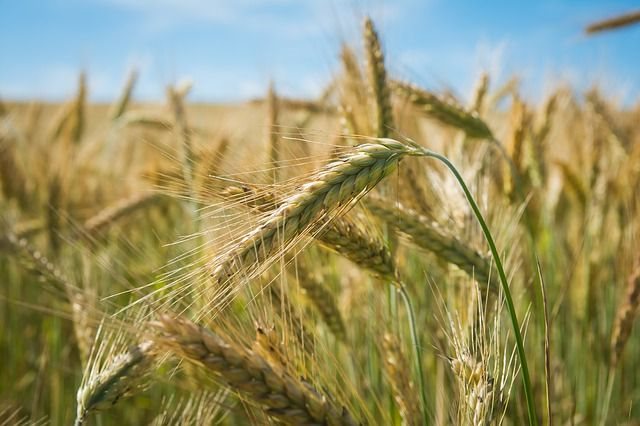The agricultural landscape is experiencing a notable shift away from the conventional method of mono-cropping, where large expanses of land are dedicated to the cultivation of a single crop variety. That’s according to Paul Makube, senior agricultural economist at FNB, who says that sustainable crop production now demands urgent attention towards diversifying crops. He argues that this shift is not just a trend, but a necessary and urgent response to the multitude of challenges that modern agriculture faces.
Boosting productivity and sustainability
"The only way to address the adverse effects of mono-cropping on soil health is through implementing crop rotation and the use of green fertilisers," explains Makube, “by alternating crops, farmers can maintain the soil's fertility and structure, ensuring that it can continue to support agricultural activities for current crop yields and to meet the needs of future generations.”
Makube highlights that the economic benefits of crop diversification are equally compelling. Just as investors are advised to diversify their portfolios to minimise risk, farmers are encouraged to adopt a similar approach with their crops. "In a climate-challenged and water-scarce environment like South Africa, diversification isn't just a strategy, it's a necessity," Makube asserts, “ and the increasing unpredictability of weather patterns in the region, exacerbated by climate change, necessitates a rapid shift to a more resilient agricultural model.”
According to Makube, crop diversification also has an important risk mitigation role to play in modern-day farming, one that can be optimised through localised and geographically dispersed diversification approaches. "Crop diversification isn’t only about cultivating different crops on the same piece of land," he explains, "but can also involve geographic diversification by planting across different regions where this is possible."
While, for many individual farmers, this geographic diversification is not always easy, Makube says that it can be a very valuable strategy to pursue – even through collaboration with farmers in other regions – because it effectively spreads out the risks associated with rainfall variability, diseases, and pests.
Rise of regenerative agriculture
Makube says that recent years have seen regenerative agriculture, which prioritises the restoration of ecosystems through practices like crop diversification, gaining traction amongst agricultural communities in many parts of South Africa. “Regenerative agriculture is very important because it underscores the importance of viewing farming not just as a business, but also as the stewardship of the land for future generations,” he explains.
As such, he argues that regenerative agriculture is the next phase in the evolution of sustainable farming in South Africa, and it is enjoying increasing support from banks and other financiers because it holds great promise in terms of rejuvenating soils, preserving environments and ecosystems and uplifting communities.
Embracing sustainable practices for food security
The shift to diversified cropping systems and regenerative farming is not just a passing trend, it’s a fundamental change driven by the need for environmental sustainability and economic resilience,” Makube concludes, “and the importance of all farmers embracing these practices cannot be overstated as it’s the only sure path to a secure and sustainable food future."































